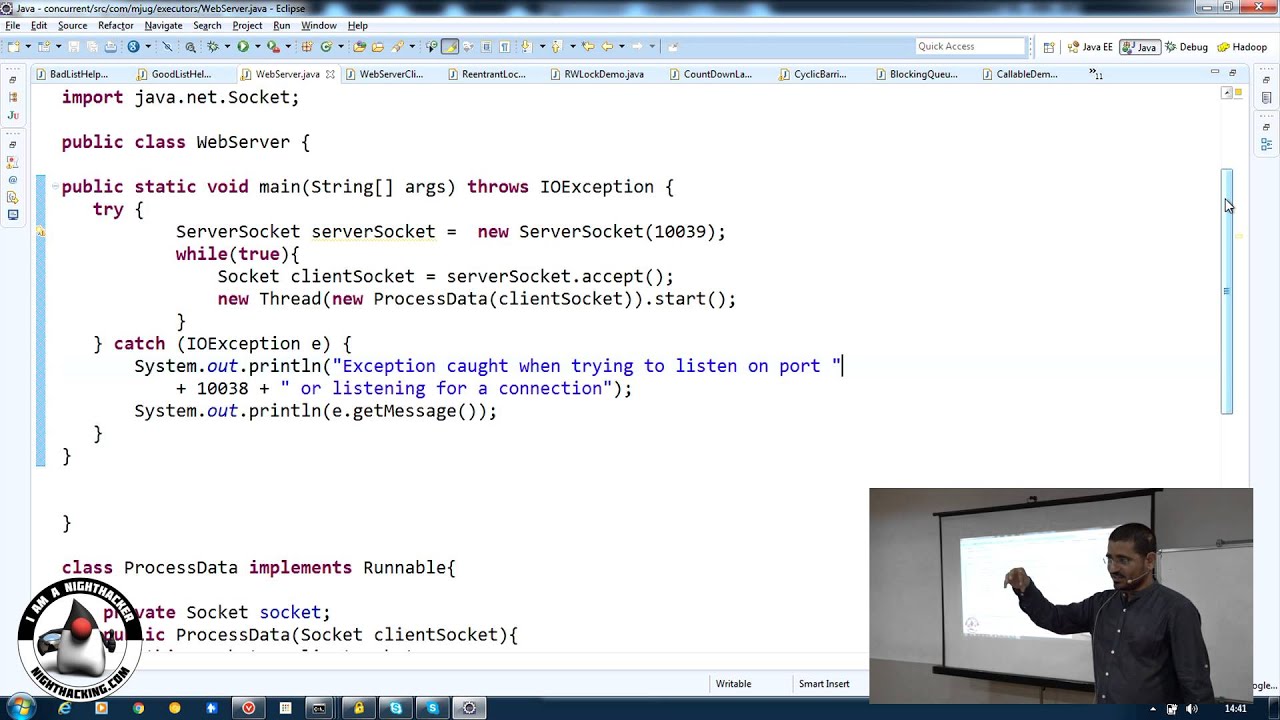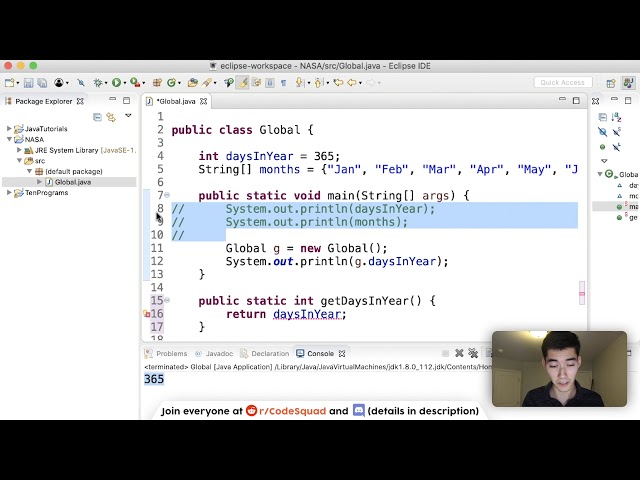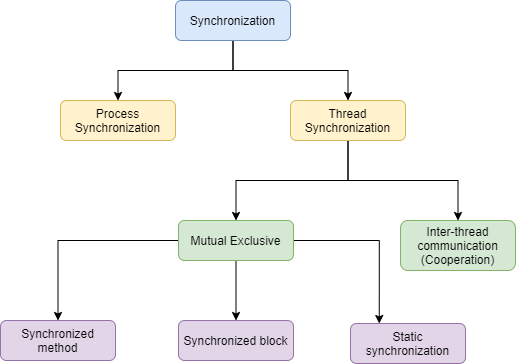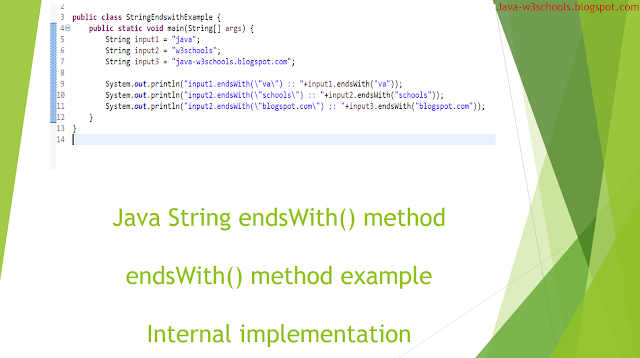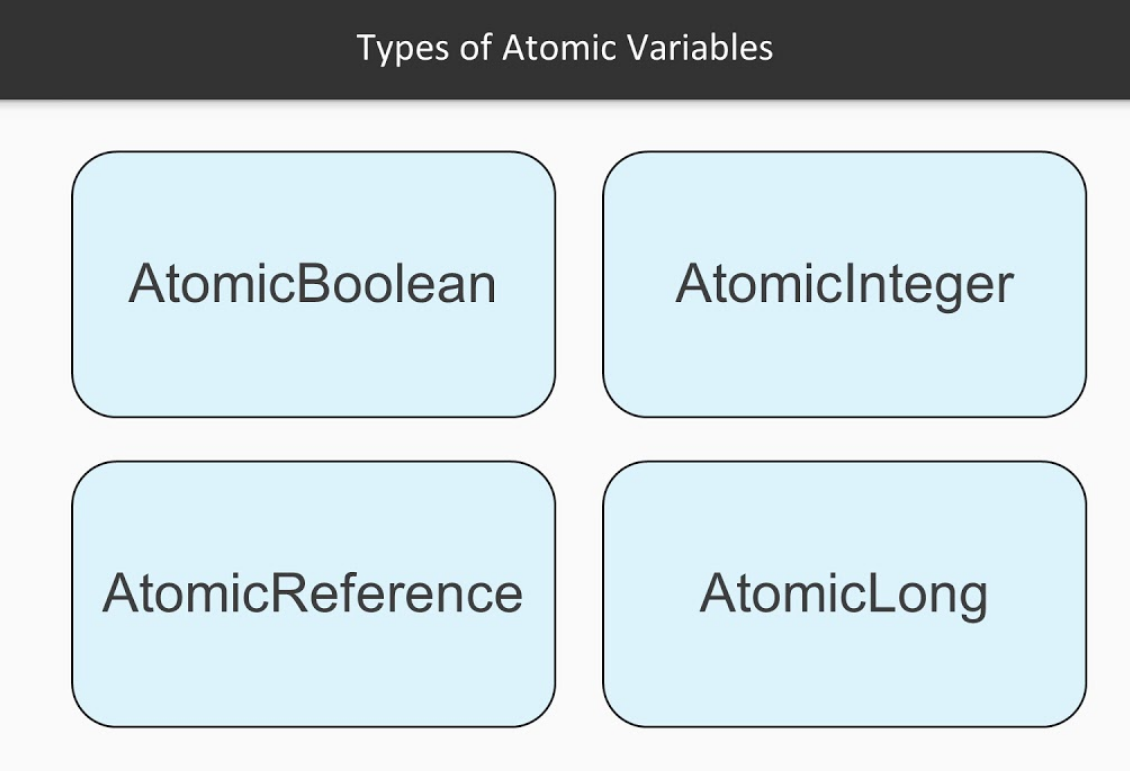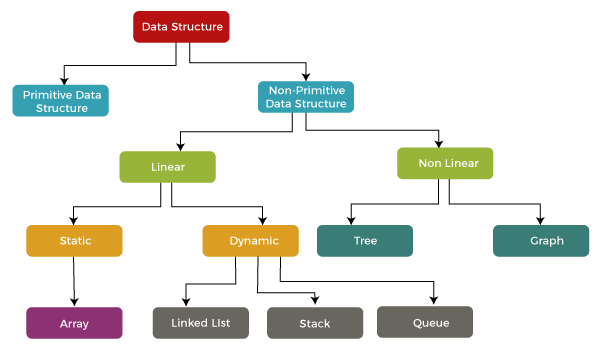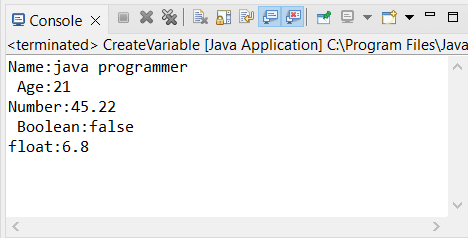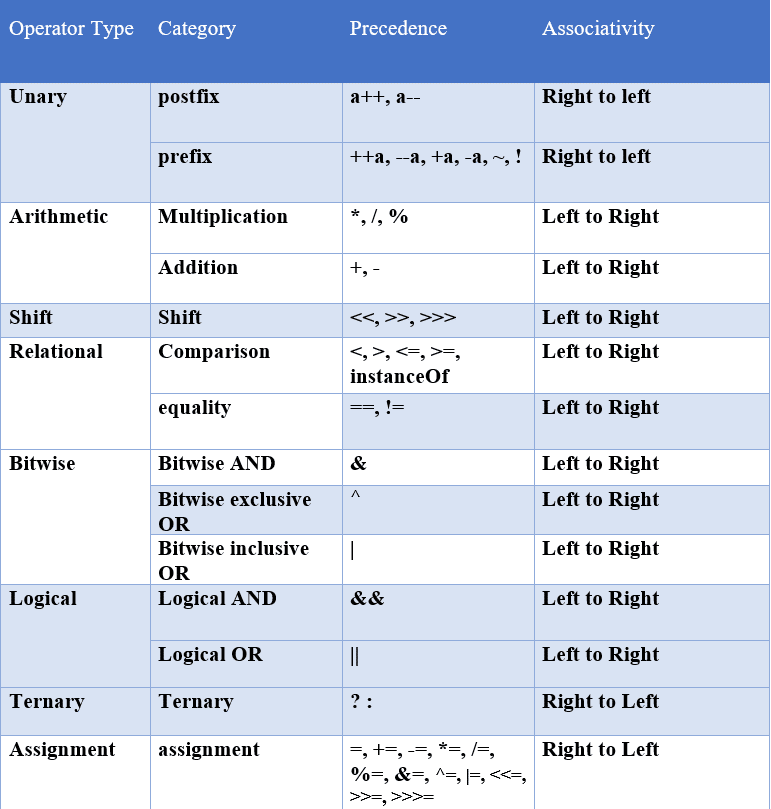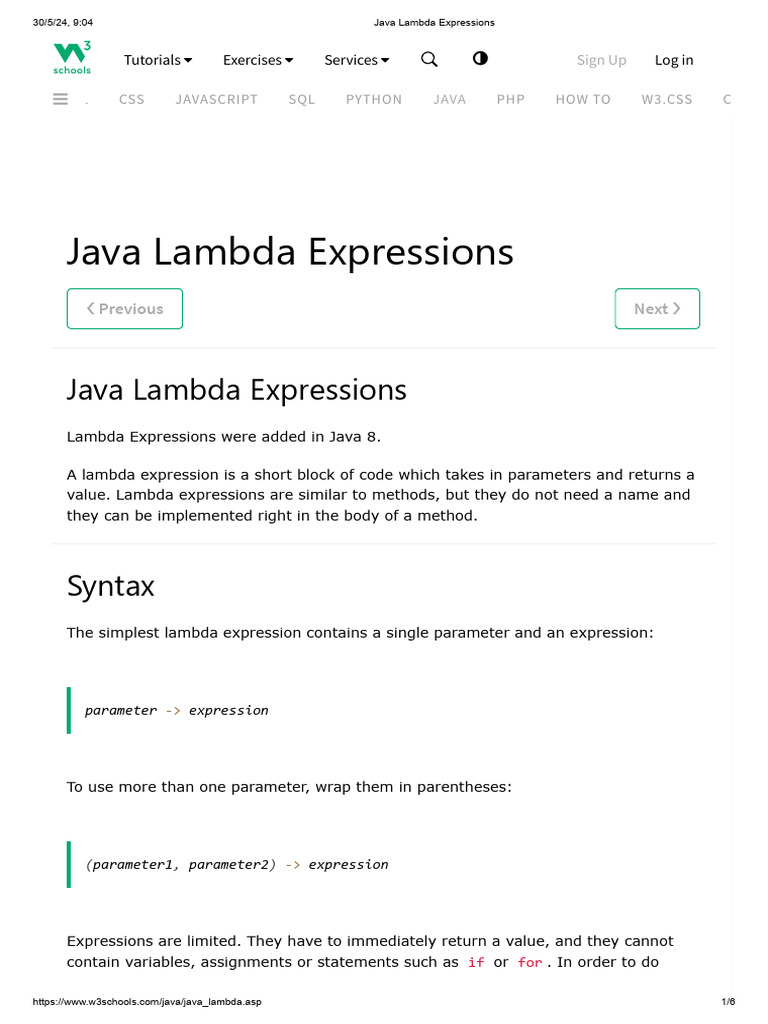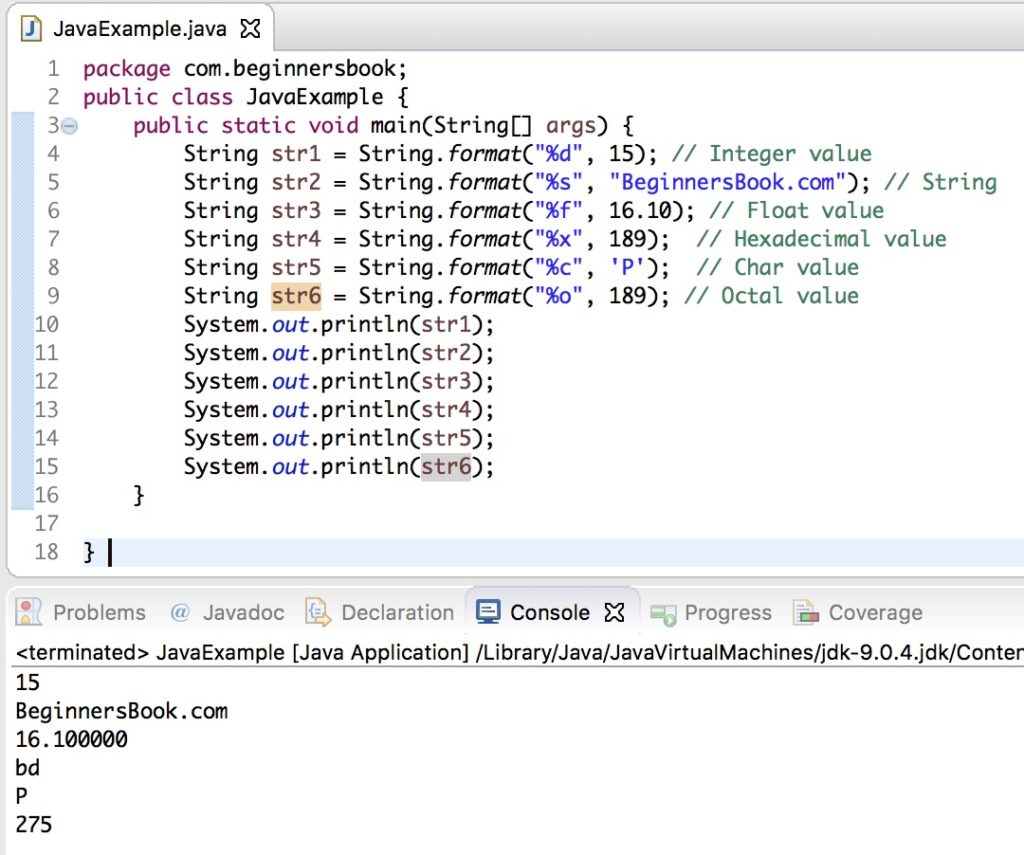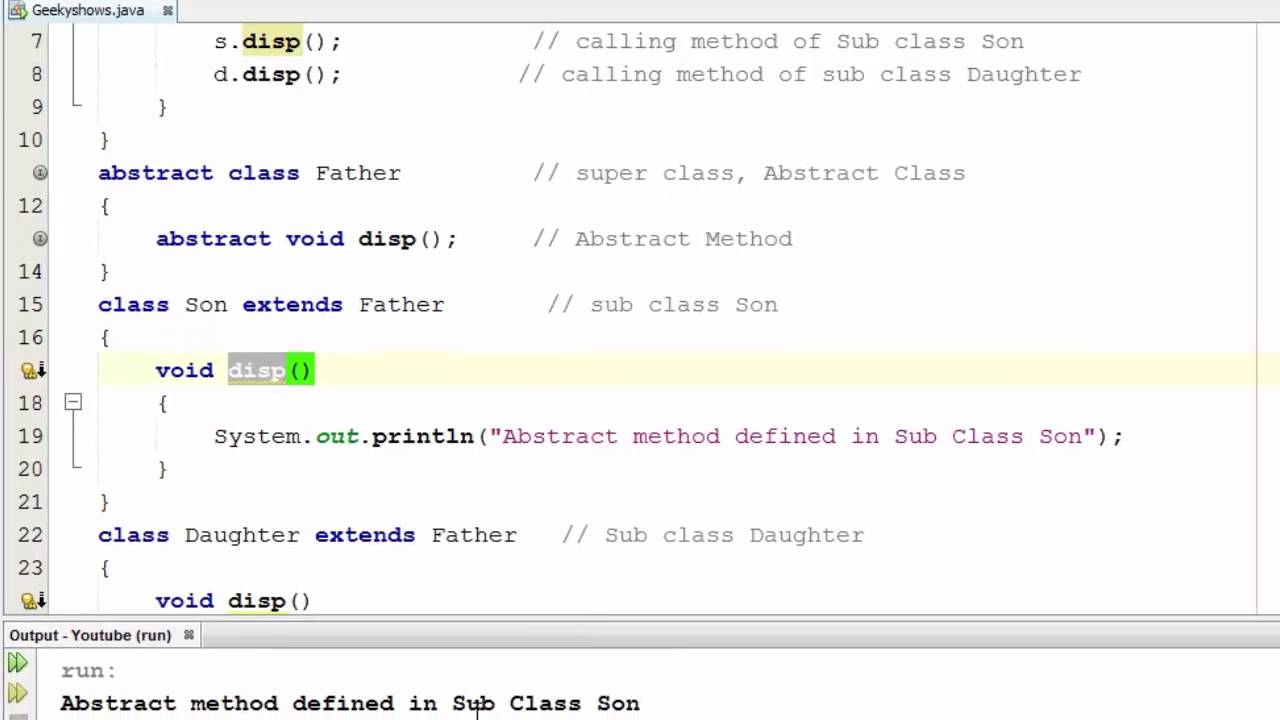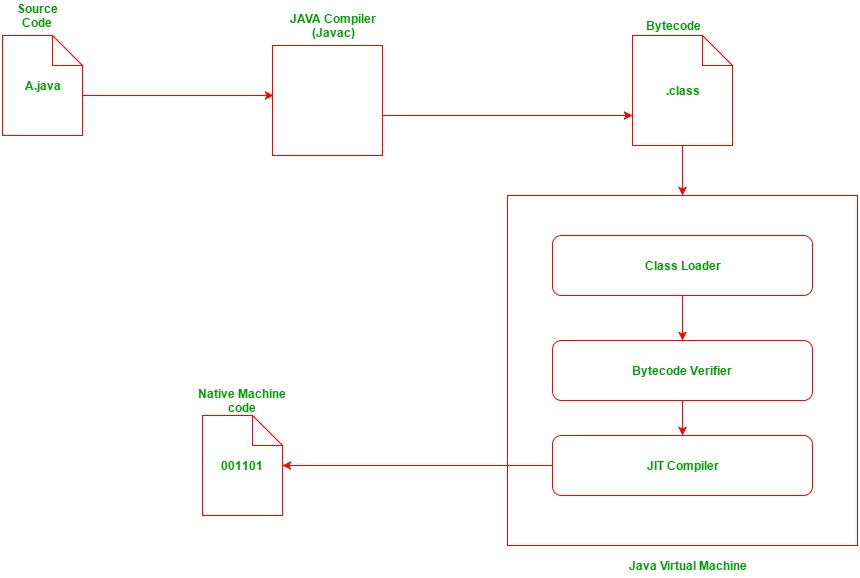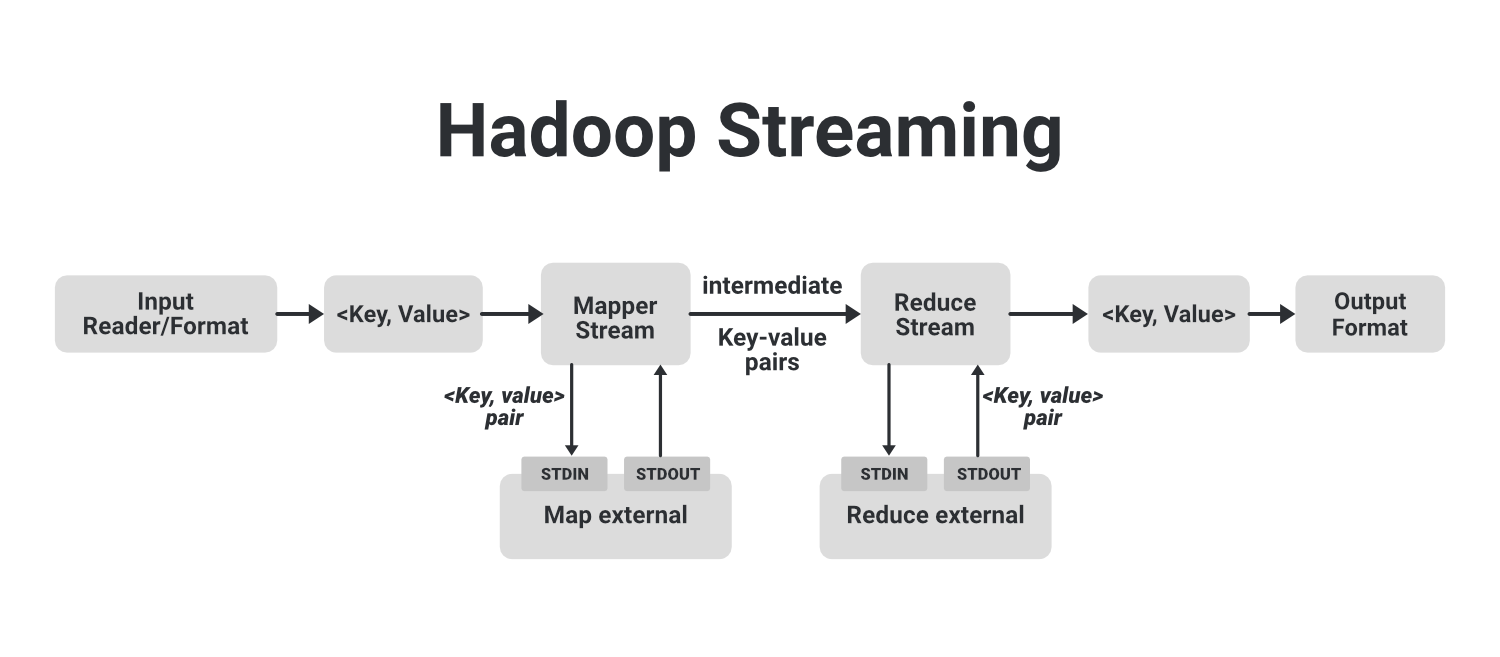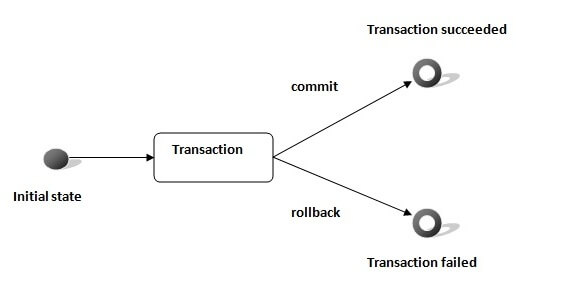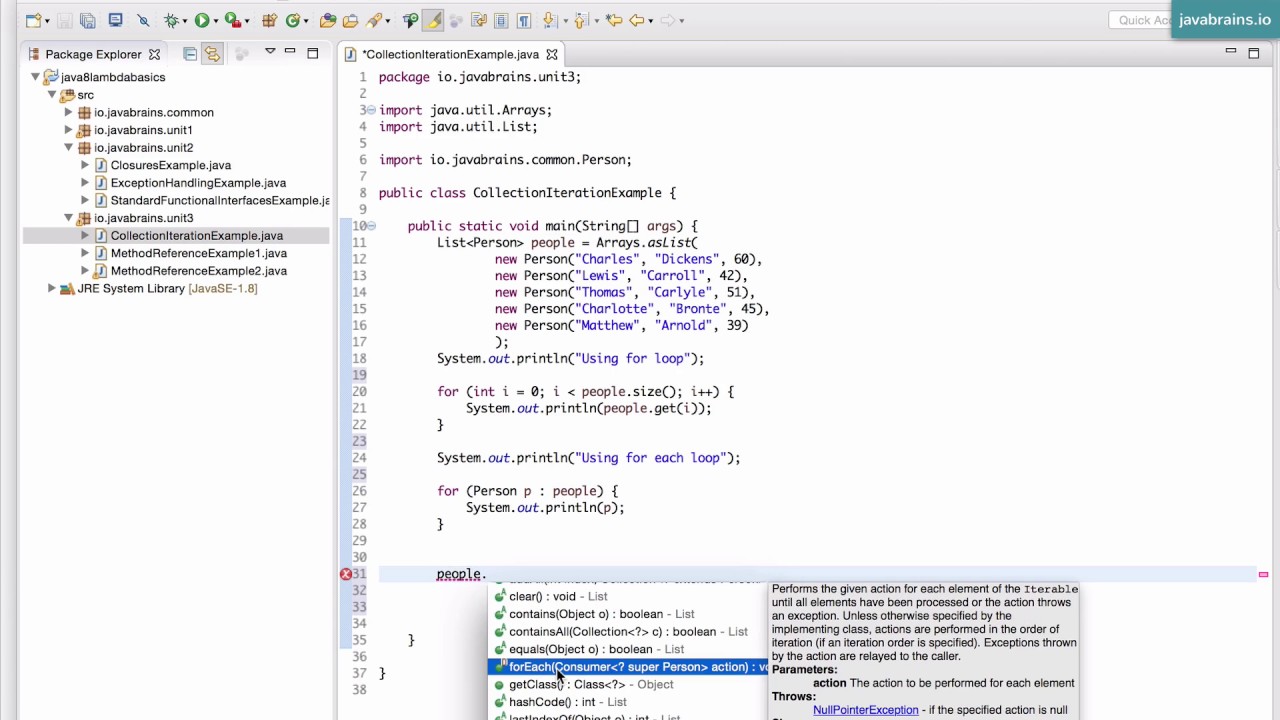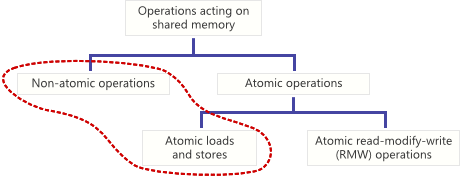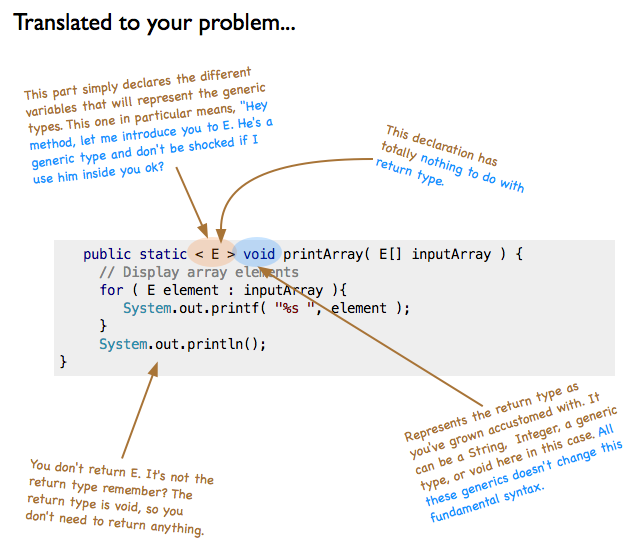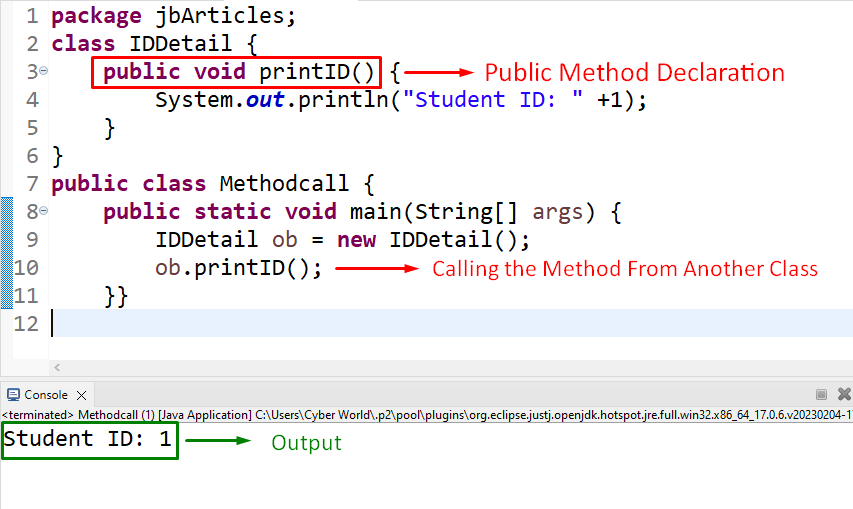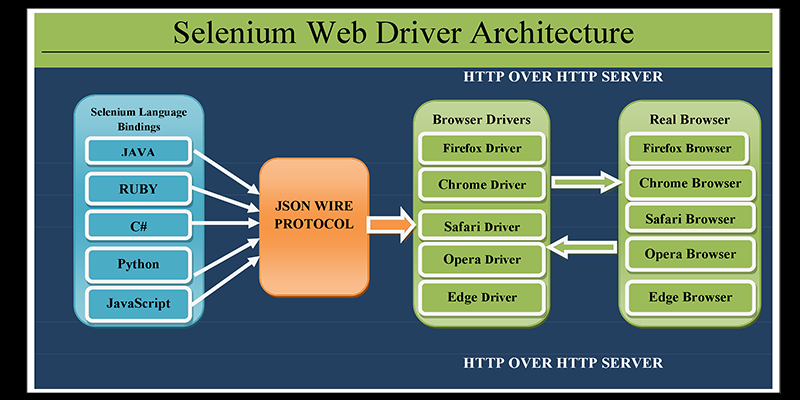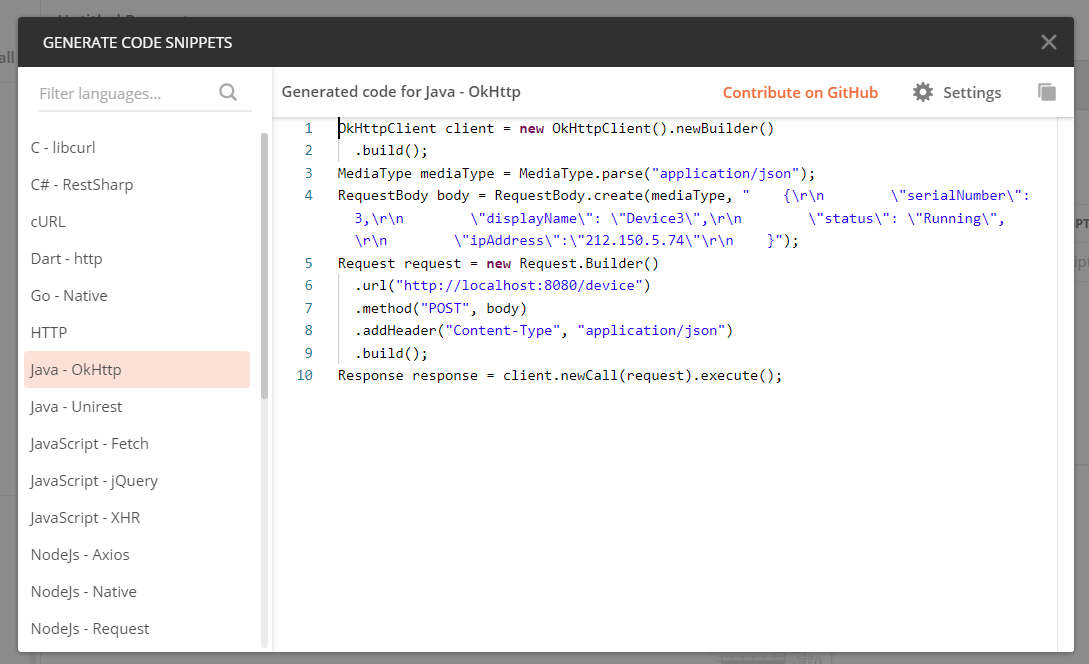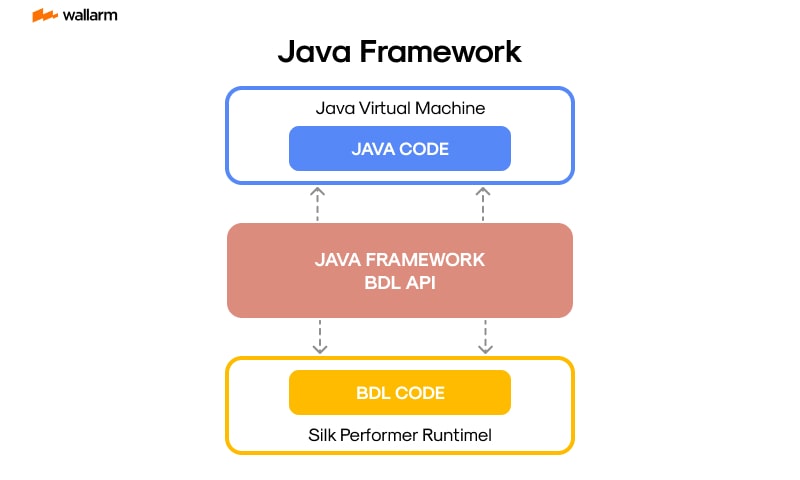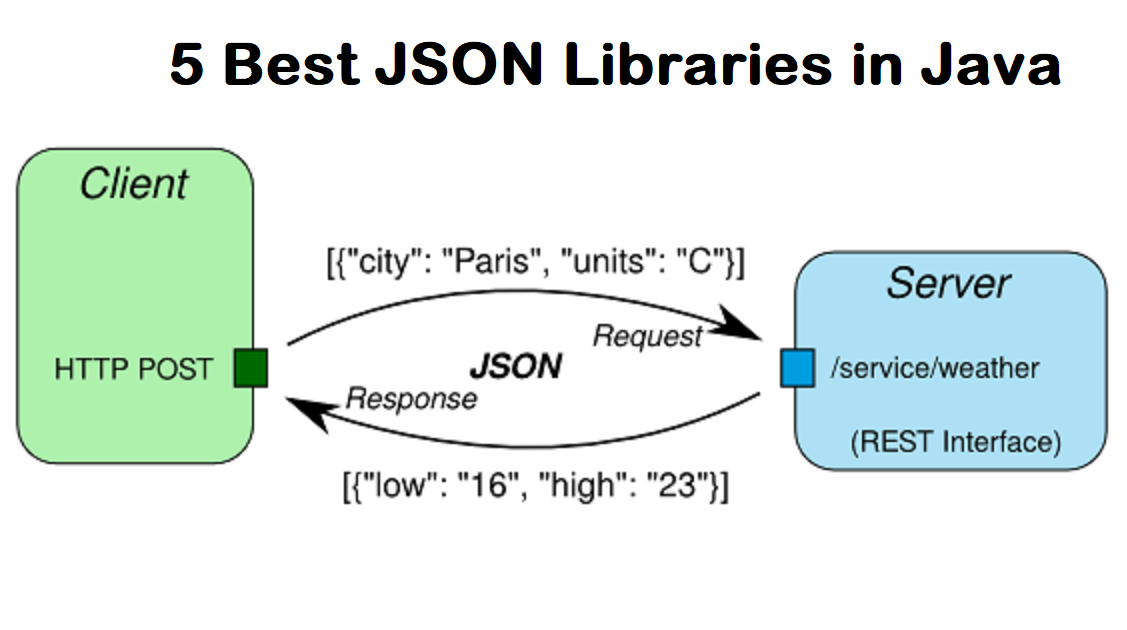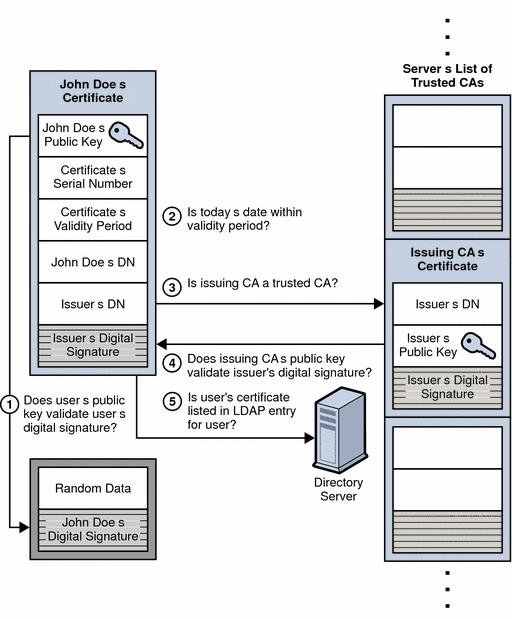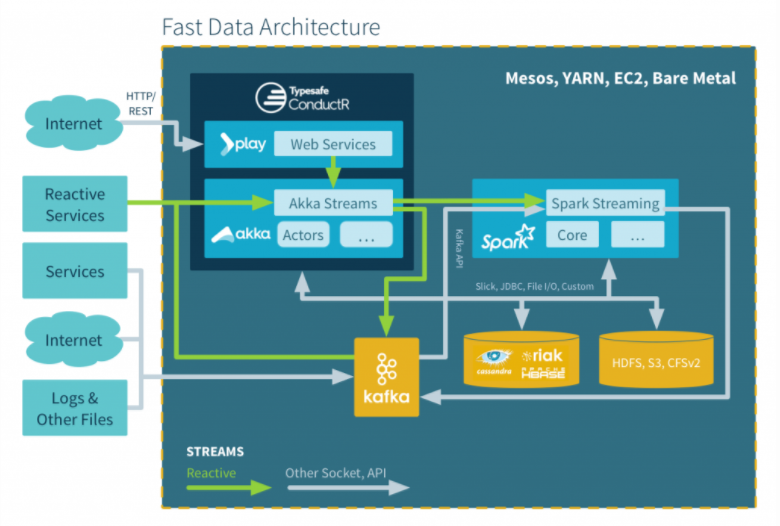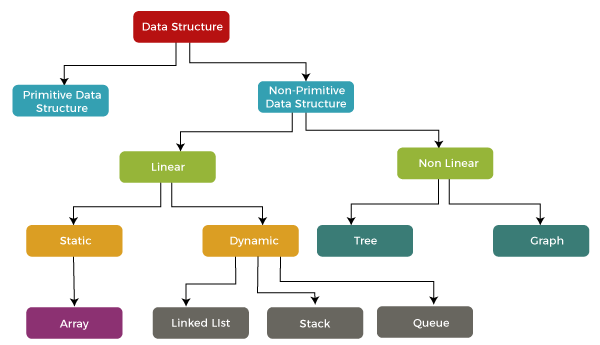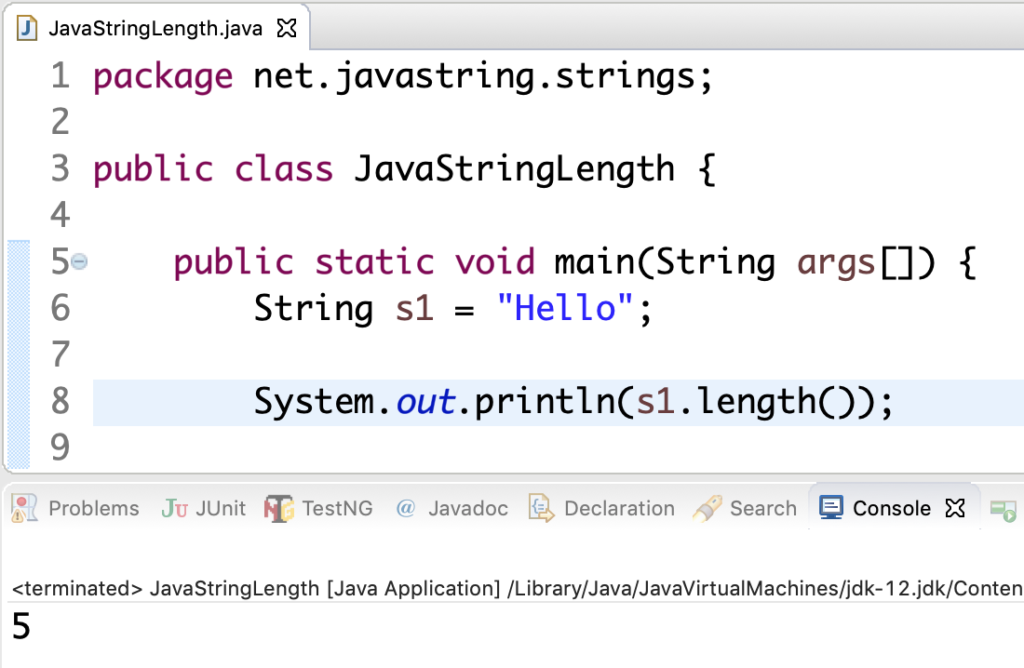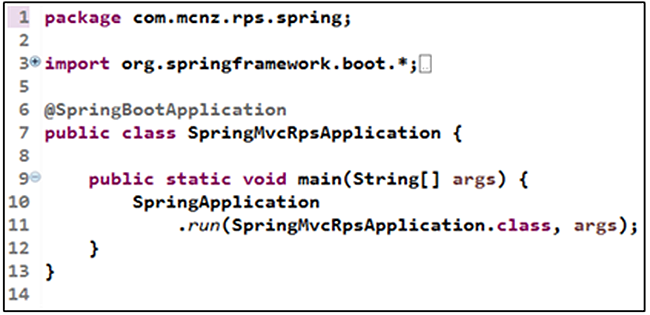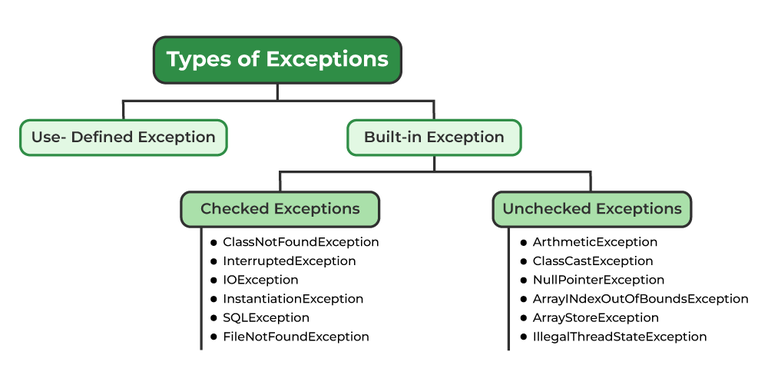Do java and sql work together for interview
Do java and sql work together for interview
The age-old question: "Do Java and SQL work together?" Well, let me tell you, my friend, the answer is a resounding YES!
In today's world of software development, it's not uncommon to see Java and SQL working together in harmony. In fact, they're like two peas in a pod - they complement each other beautifully.
Java is an object-oriented programming language that's widely used for building enterprise-level applications, Android apps, and even web applications. On the other hand, SQL (Structured Query Language) is a language specifically designed to manage relational databases.
So, how do Java and SQL work together? Well, here are some ways:
Database Integration: You can use Java APIs to interact with relational databases like MySQL, PostgreSQL, or Oracle. For instance, you can use the JDBC (Java Database Connectivity) API to execute SQL queries and retrieve data from a database. SQL Queries in Java: You can write SQL queries directly within your Java code using libraries like Apache Commons DBUtils or JDBC. This allows you to perform CRUD (Create, Read, Update, Delete) operations on a database from within your Java application. Java-Based ORM Tools: Object-Relational Mapping (ORM) tools like Hibernate or iBatis allow you to map Java objects to relational databases using SQL. This enables you to perform complex queries and manipulate data in the database without writing raw SQL code. Web Applications: When building web applications using Java-based frameworks like Spring or Struts, you can use SQL to interact with a database. For example, you might use SQL to retrieve data for a web page or to store user input data in a database. Data Analytics and Reporting: Java and SQL can be used together for data analytics and reporting purposes. You can write Java code to extract and process data from a database using SQL queries, and then visualize the results using libraries like JFreeChart or Tableau.In an interview setting, you might be asked to design a system that integrates Java and SQL, or to explain how you would use these technologies together to solve a specific problem. To prepare for this, make sure you have a good understanding of:
Java programming fundamentals (e.g., object-oriented programming concepts) SQL basics (e.g., SELECT statements, joins, aggregations) Database management systems (e.g., MySQL, PostgreSQL) JDBC or other database connectivity APIs ORM tools like Hibernate or iBatisBy combining your knowledge of Java and SQL, you can build robust, scalable, and efficient software applications that interact with relational databases. So, the next time someone asks you if Java and SQL work together, you can confidently say, "Of course they do!"
What is the relationship between Java and SQL?
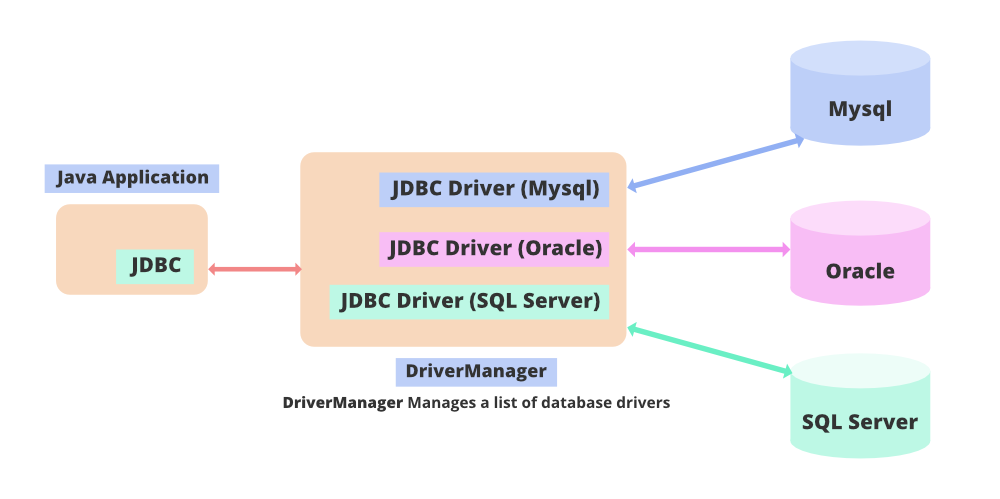
I'd be happy to respond in English!
Java and SQL are two distinct programming languages that are often used together, but they have different purposes and use cases. Here's a brief overview of each:
SQL (Structured Query Language): SQL is a special-purpose programming language designed for managing relational databases. Its primary function is to create, modify, and query the data stored in these databases. SQL is specifically tailored for handling structured data, such as tables, rows, and columns.
In essence, SQL is used to:
Create or alter database structures (e.g., tables, indexes). Manipulate data by inserting, updating, or deleting records. Retrieve specific data using queries or statements.Java: Java is a high-level, object-oriented programming language that's commonly used for developing various types of applications, including web applications, Android apps, and desktop software. Its primary focus is on building robust, scalable, and maintainable code bases.
In terms of database interactions, Java provides a way to interact with relational databases using SQL queries. This is achieved through various libraries and APIs that enable developers to:
Connect to a database (e.g., MySQL, Oracle, PostgreSQL). Execute SQL queries or statements. Retrieve and manipulate data as needed.The relationship between Java and SQL is straightforward: Java provides the programming framework for interacting with databases using SQL. When building Java applications, you can use SQL to:
Store and retrieve data in a relational database (e.g., MySQL, Oracle). Implement complex business logic or rules that involve database queries. Leverage the strengths of both languages to create powerful, scalable applications.In summary, SQL is primarily used for managing databases, while Java provides the programming framework for building applications that interact with these databases using SQL. This combination enables developers to build robust, scalable, and maintainable software solutions that effectively manage structured data.
